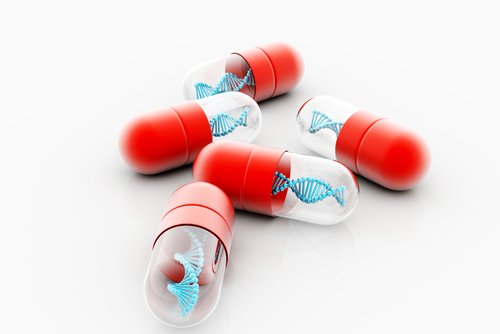ABO-201 Improves Inflammation, Movement in Mice with Juvenile Batten Disease, Study Shows
Written by |

Abeona Therapeutics‘ ABO-201 reduced nerve inflammation and improved movement in mice with juvenile Batten disease (JBD), according to a preclinical trial study.
Scientists at Abeona designed ABO-201 to overcome the effects of the CLN3 genetic mutation that is responsible for the disease. A single injection led to the correct form of the gene being delivered to the brain, spinal cord, and eyes of the mice, which improved the animals’ symptoms, researchers said.
The therapy, also known as scAAV-CLN3, uses a virus to deliver a normal CLN3 gene. The change takes the levels of the gene’s encoded protein to a normal range. The treatment doesn’t reverse all of the effects of the CLN3 mutation, but does reverse some.
The study, “Self-Complementary AAV9 Gene Delivery Partially Corrects Pathology Associated with Juvenile Neuronal Ceroid Lipofuscinosis (CLN3),” was published in the Journal of Neuroscience.
JBD is a rare and fatal neurodegenerative disorder whose first symptoms appear between the ages of 4 and 8. They include stunted growth, impaired intellect, loss of vision that can lead to blindness, and seizures.
Part of the CLN3 gene is deleted in 90 percent of JBD patients, which leads to the production of abnormally small and dysfunctional protein.
The genetic abnormality also leads to an accumulation of cell structures called lysosomes, whose function is to destroy cell residue. For a reason that scientists have yet to understand, nerve cells are sensitive to the accumulation — and this leads to JBD symptoms.
There is no approved treatment to reduce or reverse the symptoms, so most patients live only to their 20s or 30s.
The same preclinical study that showed ABO-201 reduced inflammation and improved movement also showed that it reduced lysosome accumulation.
“ABO-201 preclinical data from Dr. Tammy Kielian’s lab support the clinical translation for patients with juvenile Batten disease, and demonstrated the importance of selecting the right vector and delivery route for potential CNS benefit and to remove the underlying pathology associated with the disease,” said Timothy J. Miller, president and CEO of Abeona, said in a press release.
Early this year, the European Medicines Agency granted Orphan Drug Designation to AB-201 as a juvenile Batten disease treatment.
“This designation helps advance the ABO-201 program, and we look forward to initiating human clinical trials later this year,” Miller said.
Abeona also plans preclinical studies for a gene therapy targeting the CLN1 gene, which is responsible for infantile Batten disease (IBD or INCL). It expects the clinical trials of ABO-202 (AAV-CLN1) to begin in early 2018.





